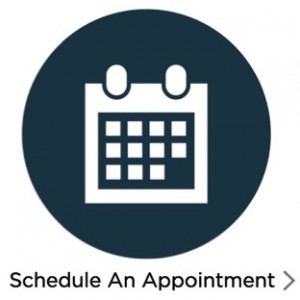When it comes to good health, sleep plays one of the most important roles. Getting the right amount of quality sleep at the right time protects your physical well-being, quality of life, mental health and safety. But just how vital is sleep, and what happens when you don’t get enough of it?
Physical Health
When you sleep, your body goes through important regenerative processes. Lack of proper sleep can lead to an increased risk of heart disease, high blood pressure, diabetes, kidney disease and stroke.
Healthy sleep is also required to maintain a healthy immune system. Missing out on quality sleep can actually change the way that your immune system responds when it’s faced with harmful substances.
Mental Health
Sleep helps your brain stay healthy. In fact, while you sleep, your brain is preparing to retain the information that you need to function well during the next day. Sleep also increases focus, which allows you to be creative, pay attention and make good decisions.
Since sleep loss affects certain parts of the brain, sleep deficiency has been linked to trouble with problem solving, decision making and emotional control. It’s also been linked to serious issues such as depression, suicide and risk-taking behavior.
Safety
In order to function well during the day, your body should be getting enough sleep. When you don’t get enough quality sleep, you are less productive, have a slower reaction time and make more mistakes. Even missing out on a night or two of sleep can deeply impact your ability to react appropriately in stressful or dangerous situations.
Driving when sleep deprived is considered especially dangerous. In fact, some studies equate it to driving while under the influence, with drowsy driving accounting for about 100,000 U.S. car accidents each year.
Improving Sleep
For millions of people, the reason for interrupted sleep is a condition called sleep apnea. Many who suffer don’t even realize that they have it. During normal sleep, air flows freely through your nose and mouth to the throat and lungs. When you have sleep apnea, your airflow is blocked, waking you, even though you don’t always realize it. Most sufferers wake up feeling worn out, even when they’ve spent a full night in bed.
Snoring is one indicator of sleep apnea. This side-effect compounds the issues surrounding lack of sleep for many with sleep apnea. The good news is, once you’ve been diagnosed with sleep apnea, there are treatments that can help you start sleeping well, right away. The first step is getting an appropriate diagnosis. A board-certified otolaryngologist (ENT doctor) will review your symptoms and may schedule a sleep study. Once you know what is causing your sleep disturbances, an individualized treatment plan will be developed.
Treatment Options to Help You Sleep Better
Until recently, the go-to treatment for sleep apnea was continuous positive airway pressure (CPAP) therapy. This non-invasive treatment uses a special machine with mask, which is used during sleep. This works well for many sleep apnea sufferers, but is not for everyone. Fortunately, today’s treatment options span from oral devices to minimally-invasive outpatient treatments such as balloon sinuplasty, Palate Coblation and laser-assisted uvulopalatoplasty. Advances in medical technology have increased the number of options for sleep apnea sufferers and it’s now easier than ever to get a good night’s sleep.
If you snore, consistently wake up tired or with a sore throat or experience choking sensations while you are in bed, you might have sleep apnea. Try our Berlin Diagnostic Quiz to see if you might be a candidate for treatment. To make an appointment with a board-certified otolaryngologist, contact eos sleep for an appointment. Don’t let lack of sleep keep you from being happy and healthy.
Schedule an appointment at one of our New York offices.


